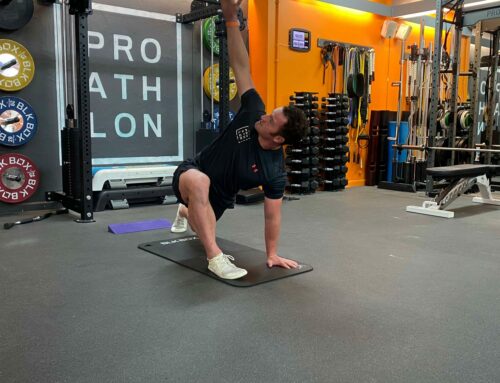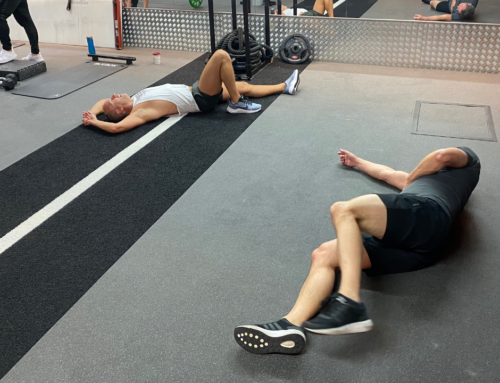Sleepless in The City
Fingers crossed you catch this post after a a solid 7+ hours of good sleep in the growth chamber. If that’s not the case, never fear the Proathlon Blog is here.
Sleep, that sometimes elusive necessity that we can neglect, or against our will have it stolen from us like the muscle mass that was taken from us during Hyrox training. With all of the magic potions, secret hacks and healthy shortcuts we are fed on a daily basis, sleep is probably the most important of them all. It literally effects everything. If we don’t get enough, we feel slightly less motivated, less energetic, less enthusiastic and optimistic as well as being much more likely to indulge in sugary snacks to fight off the fluctuating blood sugar levels. *see previous Zoe blog*.
We figured stating five reasons why sleep is good is a more positive spin on the opposite. So, why does sleep matter?
- Cognitive Function: Sleep is crucial for optimal cognitive function, enhancing memory consolidation, problem-solving, and overall mental performance.
- Physical Restoration: During sleep, the body undergoes repair and maintenance, promoting muscle growth, tissue repair, and the release of growth hormones.
- Emotional Well-being: Adequate sleep contributes to emotional resilience and stability, reducing stress, anxiety, and irritability while fostering a more positive mood.
- Immune System Support: Quality sleep is associated with a strengthened immune system, helping the body defend against illnesses and infections.
- Metabolic Health: Sleep plays a role in regulating hormones related to appetite and metabolism, influencing weight management and reducing the risk of metabolic disorders.
Don’t they sound lovely! I usually sleep well, but over the past few weeks I haven’t and I’ve noticed a shift in all of the above. Hence wanting to write this post. So, importantly, how can we help our sudden lack of snooze time, REM and the rest of it? Here are five tips on how to sleep better, or get to sleep when you’re in a pinch.
- Consistent Sleep Schedule: Stick to a regular sleep routine by going to bed and waking up at the same time every day, even on weekends. This helps regulate your body’s internal clock.
- Create a Relaxing Bedtime Ritual: Develop calming pre-sleep activities, such as reading a book, taking a warm bath, or practicing relaxation techniques, to signal to your body that it’s time to wind down.
- Optimise your Sleep Environment: Ensure your bedroom is cool, dark, and quiet. Invest in a comfortable mattress and pillows. Minimise noise and light disruptions to create an ideal sleep environment.
- Limit Screen Time Before Bed: Reduce exposure to screens (phones, tablets, computers) at least an hour before bedtime. The blue light emitted can interfere with the production of the sleep hormone melatonin.
- Watch Your Diet: Avoid heavy meals, caffeine, and excessive liquids close to bedtime. Opt for a light, balanced snack if you’re hungry. Limiting these intake factors can contribute to a more restful night’s sleep.
With how the previous few nights have gone, I already know I’ve eaten big meals before bed and could definitely pick up my reading instead of NetFlix! Have a think on what you can do to help optimise your sleep, trust us, it’ll make everything else better!
P.s. if you’re feeling stressed, for all of the very natural reasons in todays world, then talk. Find that someone who will listen and get it vocalised and off of your chest. That will also help!
#futureproofyourbody #futureproofyourmind
Book a free consultation
Leave your details and we’ll get in touch to arrange a consultation to discuss your goals.






